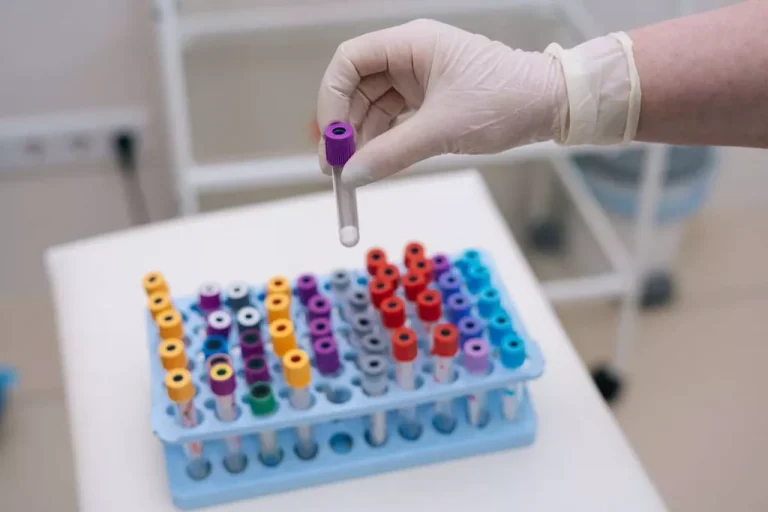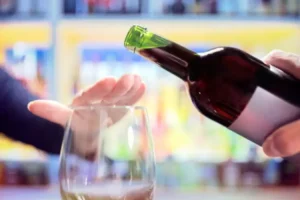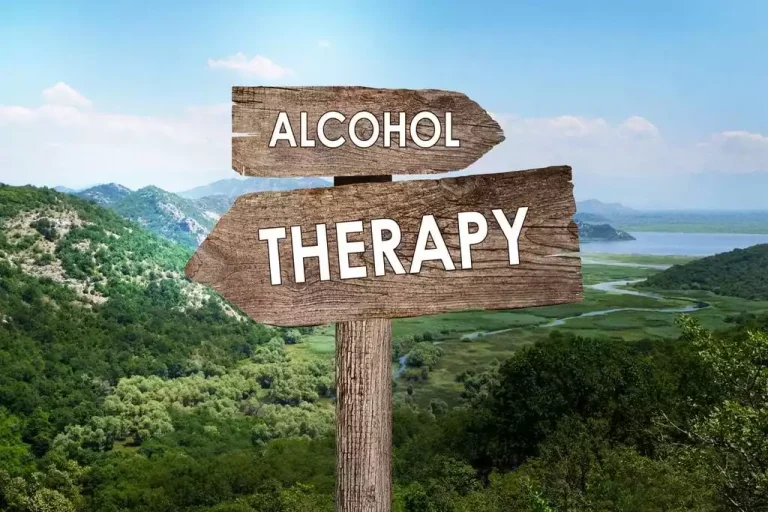Gratitude in Recovery Overcoming Substance Abuse with Gratitude
06/09/2022

She also keeps her eyes and ears on policy decisions being made in NYS and at the Federal level in order to inform the recovery community about decisions that may impact the recovery community. Caring for yourself helps show gratitude for all that your mind and body do for you. Some may feel the most appreciative when completing a workout, while others may feel the most gratitude when letting themselves sleep in. Pay attention to what your body and mind need most, and listen to that! It’s the least you can do to care for yourself to function to the best of your ability.
- We must give voice to those in recovery and be open to hearing their stories.
- The good news is that gratitude is a mental outlook that can be developed and strengthened over time.
- Include as many gratitude-inspiring things as you can in each session.
- You can be grateful for minor occurrences as long as they make you happy.
- For example, the taste of coffee or your favorite dish, your favorite TV show, learning something, a joke.
How Does Gratitude Benefit Addiction Recovery?
Replacing selfishness with gratitude can be revealed through intentional service to others by volunteering, charitable giving and even supporting others in recovery. Reserve five minutes each morning to offer appreciation while you enjoy a cup of coffee, head out for an early run or even after you hit the snooze button (the gratitude recovery first time). Keep it simple or more profound, but make sure to start each morning in thankfulness and set the tone for the day. Scientific studies tell us that gratitude can benefit a person’s recovery experience. However, many people still have doubts or misconceptions that prevent them from practicing it regularly.
The Experience Blog
If you’re not in recovery, be willing to listen to the stories of those who are recovering from substance abuse disorder. As awareness grows, the stigmas around both substance abuse disorder and recovery will fall away. We must give voice to those in recovery and be open to hearing their stories.
How Do You Keep a Grateful Attitude Over Time?
Recovery can seem big and impossible, so it’s important to set small doable goals along the way. That gives a sense of accomplishment, boosts self-esteem and gets things done. Break down big goals into smaller ones and mark them off your list as you complete them. Addiction can cause problems with getting things done, which can cost you jobs and other opportunities. Recovery makes it possible to reapply your energy to work, or school, and achieve higher goals in life. Gratitude can help you cope with challenges, reduce stress, and improve your mood.
- Or, things such as the satisfaction from doing your work well, from cleaning your home and taking care of yourself, from taking a hot bath, or putting time and effort into learning a new skill or hobby.
- So, if you’re looking for a way to boost your recovery, start by practicing gratitude.
- While working for a former chairman of the Senate Education Committee, Stephanie pursued her MS in Adolescent Education at the University at Albany to become a high school social studies teacher.
- You may also be more likely to attract good and supportive people who can help you in your recovery.
Recovery Coaching

Mindfulness helps you focus on all those everyday events and experiences that make you feel positive – and grateful. Fortunately, many localities in our region are supportive of these efforts, but we all can push for more recovery housing. Likewise, support changing how we treat someone with a criminal record, especially for nonviolent crimes. For example, although evidence-based peer recovery is the gold standard for recovery services, many of those in recovery who want to be certified for peer support face daunting challenges because of their criminal records.
Start a gratitude journal

As mentioned, when a person begins to think negatively it often just grows and grows until they are upset, angry, bitter, and eventually resentful. This is true for both negative thinking, positive thoughts, and gratitude. When we begin thinking negative thoughts or finding something wrong with a person or situation, these thoughts grow.
Ways to Practice Gratitude in Recovery
Her areas of expertise include stakeholder engagement, physician quality measurement and value-based payment transformation. Leah Kaufman acts as Assistant Director of State Engagement for Shatterproof’s National Treatment Quality Initiatives. In this role, Leah manages stakeholder engagement within states participating in Shatterproof’s ATLAS® quality measurement system for addiction treatment programs. Lieutenant Governor Hochul co-chairs the State’s Heroin and Opioid Task Force, an essential part of New York’s efforts to combat the epidemic through prevention and expanded access to treatment and recovery services.
How to Practice Gratitude in Recovery

Now that you know what practicing gratitude is and how it can help you, here are five easy ways to incorporate it into your recovery journey. During these Step 10 personal inventories, we can note these tendencies and commit to changing them. Then when we feel gratitude slipping away, we can re-engage with whichever practices help us to feel connected with our Higher Power and other people. During active addiction, we may have taken friends and family for granted or overlooked the simple pleasures in life. And when we looked for the worst qualities in every situation, we created a self-fulfilling prophecy of negativity. It’s important to understand that the relationship you have with yourself will often be reflected in your relationships with others.

Five Ways to Practice Gratitude in Recovery
You can choose to do this if you need a structured way to consistently notice what you are thankful for. Gratitude involves more than self-reflection; it should be practiced as love in action. In recovery, the brain begins to heal and as it heals, with practice, selfishness and other damaging attitudes begin to fade away.
Gratitude enables us to cope more effectively, accepting the present as it is while finding strength and resilience to overcome obstacles. Active addiction can damage your physical and mental health, relationships, finances, and your self-worth. It can also make you lose sight of all the things and people in life you feel grateful for and zoom in only on the problems and difficulties you face. This can lead to a cycle of despair and self-destructive behaviors that may be difficult to stop. It can be hard to feel grateful every day, especially as you’re going through all the ups and downs of recovery.